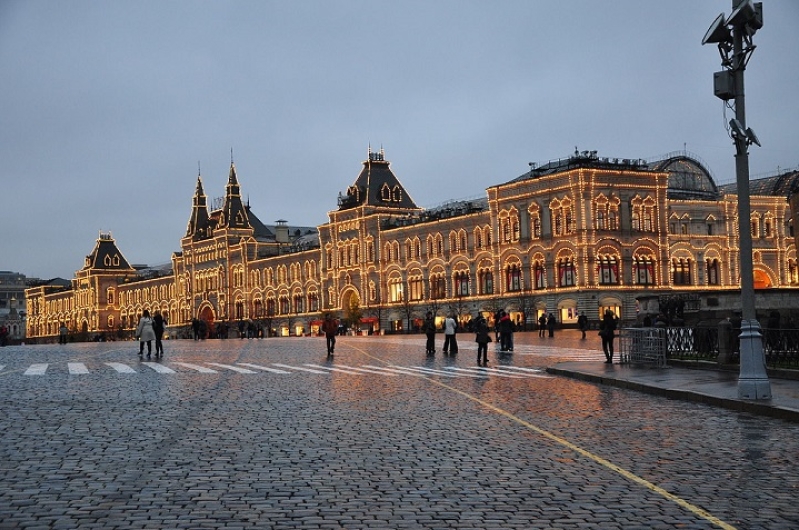
The first American who has been charged with breaking Russia’s controversial anti-terror laws, also known as the Yarovaya laws, will return to court Sept. 30 as the initial hearing was postponed.
Donald Osservaarde, a missionary from Michigan, was accused in August by a police officer of holding religious meetings in his home and giving out religious materials to incite people to join the meetings. He was charged with conducting rituals and religious ceremonies without permit and was fined 40,000 Rubles.
In his blog, Osservaarde recounted how the proceedings of the hearing took place. He said the judge first read through his 10-page testimony before asking him to take the witness stand. The judge then asked him some questions, and he explained that what he did was not against the law.
“I was not a representative of any registered religious organization, but was exercising my constitutional rights to talk to people about my faith in public and in my private home,” he told the judge.
When he was done, the police officer who filed charges against him also took the witness stand and described how Osservaarde was allegedly inviting people to his home for religious meetings. According to Osservaarde, the officer said he was “having religious meetings in my home, and distributed literature all over town inviting people to come, so obviously I was a missionary, and that is against the law.”
After hearing both sides, the judge made a quick decision.
“On August 14th, three of the Russians who attended the meeting in Ossewaarde's home were questioned by the police, and their responses were written in these police reports. I think we have not given these people a chance to say their word in this case, so I propose that this hearing be postponed until September 30th,” she said.
Although Osservaarde was hoping the judge would announce a favorable decision on the hearing last Sept. 19, he remained optimistic about the situation.
“We believe we have the law on our side and a strong case moving forward,” Osservaarde told International Christian Concern (ICC).
The Yarovaya laws were drafted to strengthen surveillance on any terrorist activity in Russia. However, it also imposes very strict regulations against church activities, even personal activities, deemed as a threat. It is considered as the most restrictive law against missionary work.
Under the anti-terror laws, activities like proselytizing outside the church and sending email invitations to friends for the Sunday services are illegal if done without a permit.
ICC program coordinator Andrew Kerr said they are hoping Osservaarde’s case will get more support in Russia and in the international community “to show the unfortunate missteps of the Yarovaya laws and where reform is in desperate need to ensure religious freedom for all.”






